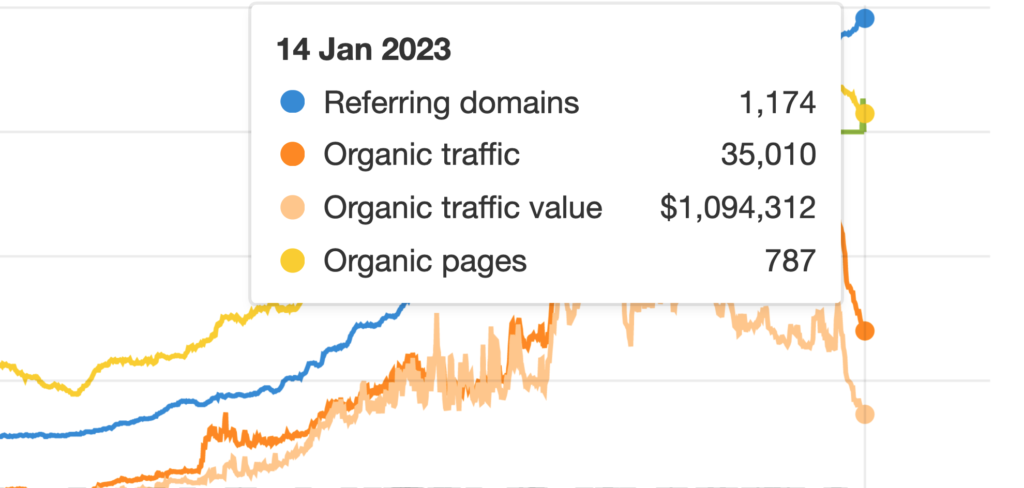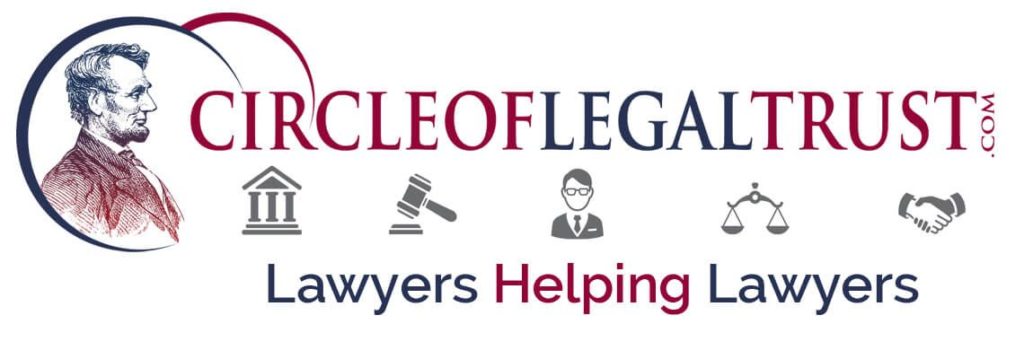How Voice Search May Change Local Attorney SEO
Chris Dreyer, President and Founder of Rankings.ioThe author’s views are entirely his or her own and may not reflect the views of Cirlce of Legal Trust.
Speech recognition technology on machines has always left something to be desired. Leading-edge platforms like Siri still had bugs to be worked out as recently as 2013[1]. Today a new breed of software and digital assistants are telling a different story. In 2016 there has been an explosion of voice searches that are accounting for a huge portion of all online searches made by consumers. Does this mean lawyers need to have a voice optimized search strategy?
The Explosion in Voice Searches
Search Engine Land noted earlier this year[2] that a disruption in search was coming with increased accuracy of voice recognition software and the rise of virtual assistants. So this would be things like Amazon’s Echo, Microsoft’s Cortana and the anticipated Google Home[3]. The 2016 Internet Trends report[4] also hints at the impacts that voice search is having on the industry. (many of the slides were devoted to data points on voice search).
Since around 2010, queries that are related to voice commands for search have been steadily increasing[5] with a spike over the past couple of years. Google Trends is a good way to see how queries that imply a voice command have been increasing. For example check out the explosion in the activation phrase “ok Google” since 2010.
Reasons for the Increase?
Google was already making waves with conversational search back in 2013[6]. So they were able to achieve a level of interaction with their search engine. And it was a level no one had ever achieved before. Most interesting, people could carry on a conversation without constantly reminding the algorithm of what they were referencing.
For example, you could ask Google, “where is Madrid?” And then you follow up with “what are some things to do there?” You can do this now without having to remind the machine you meant Madrid.
And this is just one example of why voice search has exploded in recent years. The accuracy with which software captures what we say and respond accordingly has improved to around the 95% mark.
Where voice recognition software was once clunky and hard to use, it can now easily understand full sentences. And it returns relevant information quickly, all within the context of an ongoing conversation.
Also, these popular and high-quality digital personal assistants account for an increased volume of voice search traffic. Echo, Cortana, Siri, and Google Home are all able to search the web-based on spoken user questions.
What are the Top Reasons People Use Hands-Free?
Among the top reasons people use hands-free and home-based digital assistant software are that they can get faster results. And they are helpful when their hands are full.
Should Lawyers Be Changing their SEO Strategy?
According to companies like Victorious, people use voice search differently than they do a traditional search box. When a query is spoken instead of typed, it tends to be longer, less literal and more conversational . The more that users discover, the more a device accurately captures speech. And that means it becomes a more conversational query.
There could be a natural progression toward action-based queries in local search. Right now, people interact with a search box to look up lawyers. And Google’s algorithms show them local providers based on location. Also, it learns as consumers sift through websites. So when you look at reviews and other information to formulate your decision. With voice search, much of that may be cut out of the picture.
Instead of saying “find lawyers near me” a consumer might say “schedule an appointment with the highest rated attorney in [city name]”. In other words, the current mainstay of choosing from many choices in a SERP may get thrown out the window with voice searches.
An important consideration is where these virtual assistants (whether mobile or in-home) get their data. This could be one area where attorneys can focus their optimization efforts related to voice search. For example Echo and Apple Maps (which is integrated with Siri)[7]. Both get their data from Yelp. So Google will most likely draw from its own massive search database and Microsoft’s Cortana from Bing[8].
Not only will these personal assistants draw data from the internet but also apps on consumer’s devices. This re-emphasizes the importance of reviews and optimizing sites with profile scores such as AVVO.
Dispersing Content:
Attorneys should also continue dispersing consistent information into citation-based websites[9] and directories all over the internet (as long as they are reputable). This data is what is used for location centroid calculations.
In Conclusion
The rapid increase in voice search volume is a natural progression with all things tech that we use. Humans love productivity and convenience, and even though typing into a phone is not that hard, speaking makes it that much easier. Google and other search providers are moving toward a more personalized and useful experience for their users.
[1] http://www.cnet.com/how-to/how-to-talk-to-siri-the-right-way/
[2] http://searchengineland.com/search-disruption-coming-9-expert-insights-lsa16-245682
[3] http://www.techradar.com/us/news/digital-home/google-home-release-date-news-and-features-1321794
[4] http://www.slideshare.net/kleinerperkins/2016-internet-trends-report/125-KPCB_INTERNET_TRENDS_2016_PAGE125Voice
[5] http://www.slideshare.net/kleinerperkins/2016-internet-trends-report/122-KPCB_INTERNET_TRENDS_2016_PAGE122Google
[6] https://plus.google.com/+google/posts/6SaV4yeefoH
[7] https://rankings.io/lawyer-ranking-signals-for-apples-siri/
[8] http://windows.microsoft.com/en-us/windows-10/cortana-privacy-faq
[9] https://rankings.io/local-citations-for-lawyers-what-they-are-2-citation-finding-tools/


